Antonin Scalia Law School
Monday, April 23, 2018 | 12pm – 1pm | Hazel Hall
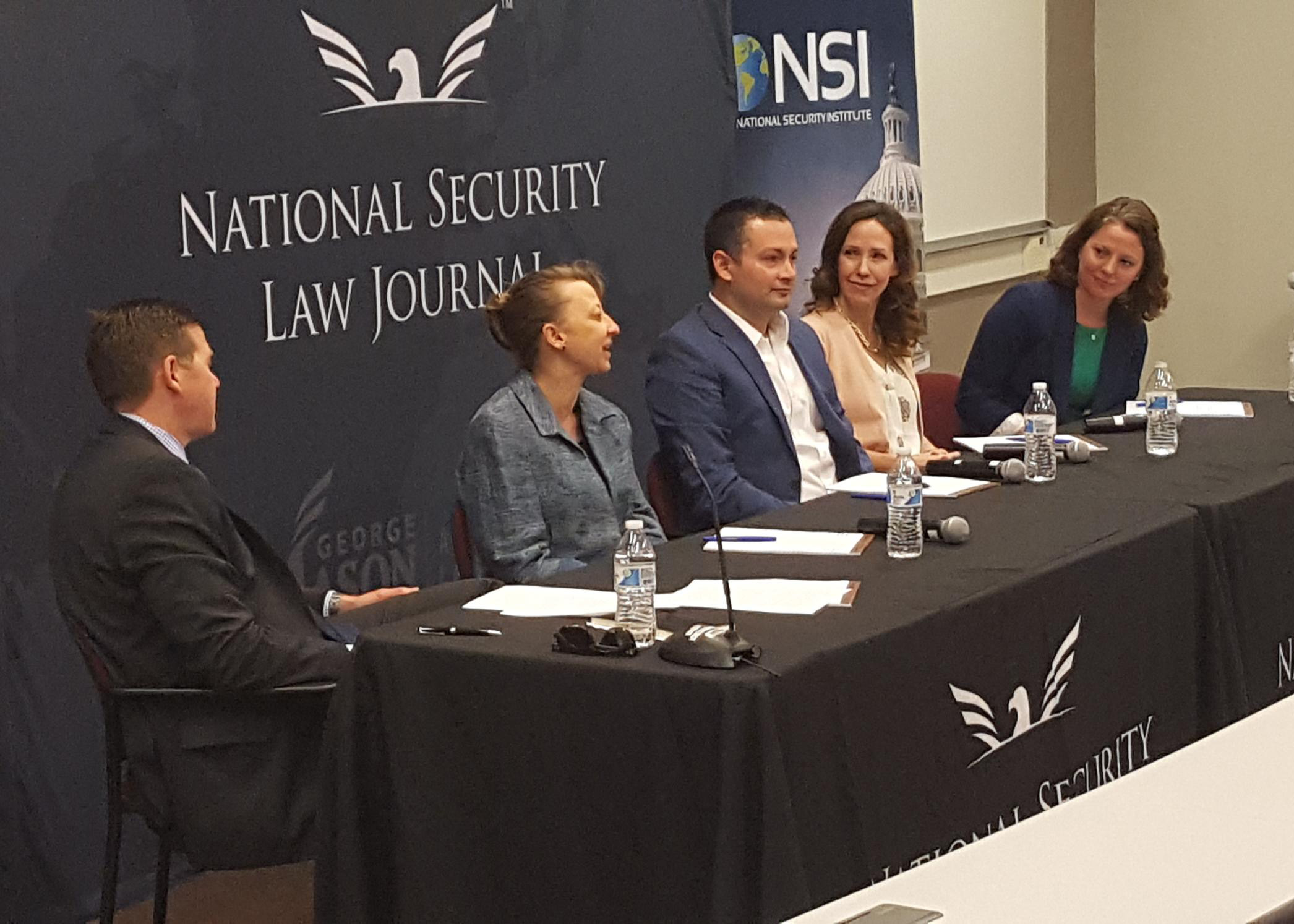
The National Security Law Journal Career Panel, cohosted by the National Security Institute, brought together a distinguished group of practitioners, featuring:
- Megan Brown – Partner, Privacy & Cybersecurity Practice, Wiley Rein LLP
- Sarah Geffroy – Former Chief Counsel, U.S. House Intelligence Committee
- Andy Keiser – Former Senior Advisor, U.S. House Intelligence Committee
- Amanda Swenty – Associate General Counsel, Central Intelligence Agency
You can view a recording of the full event here.

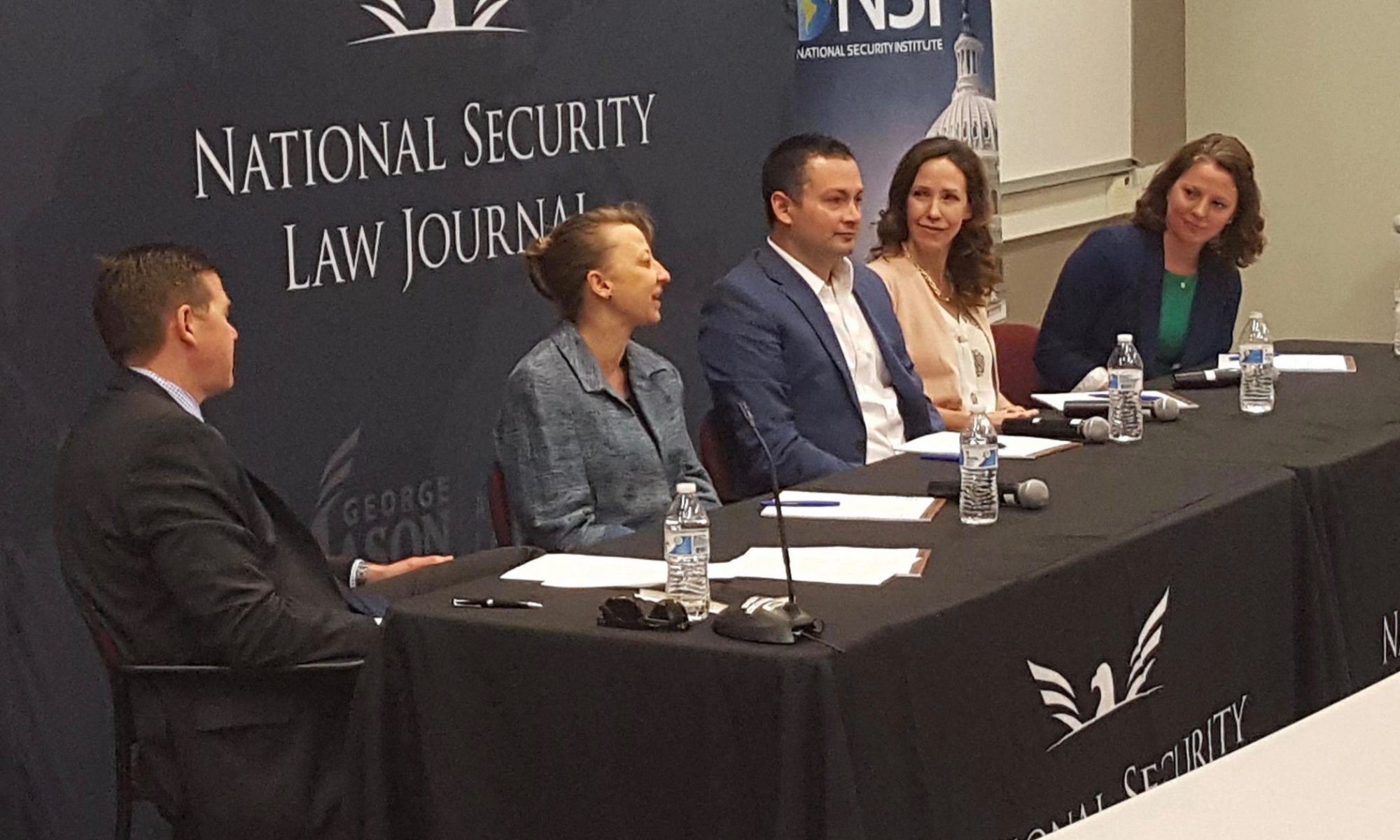
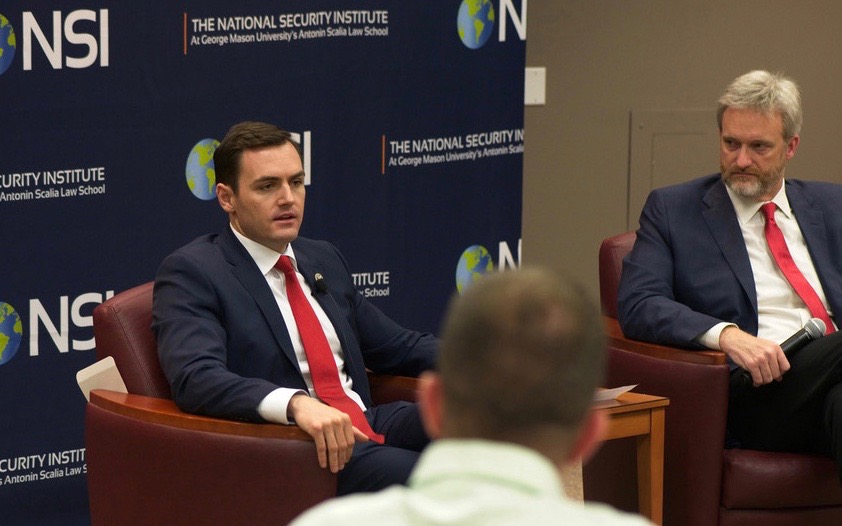
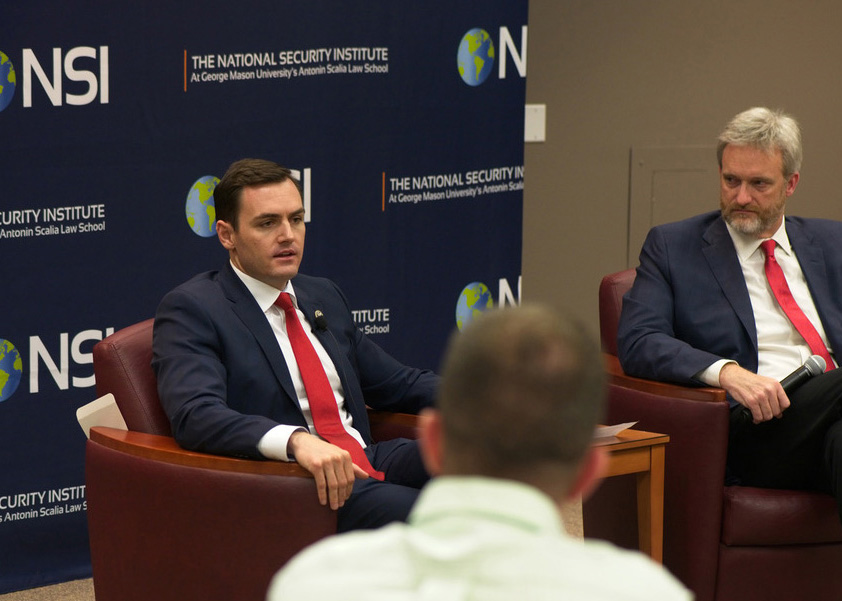

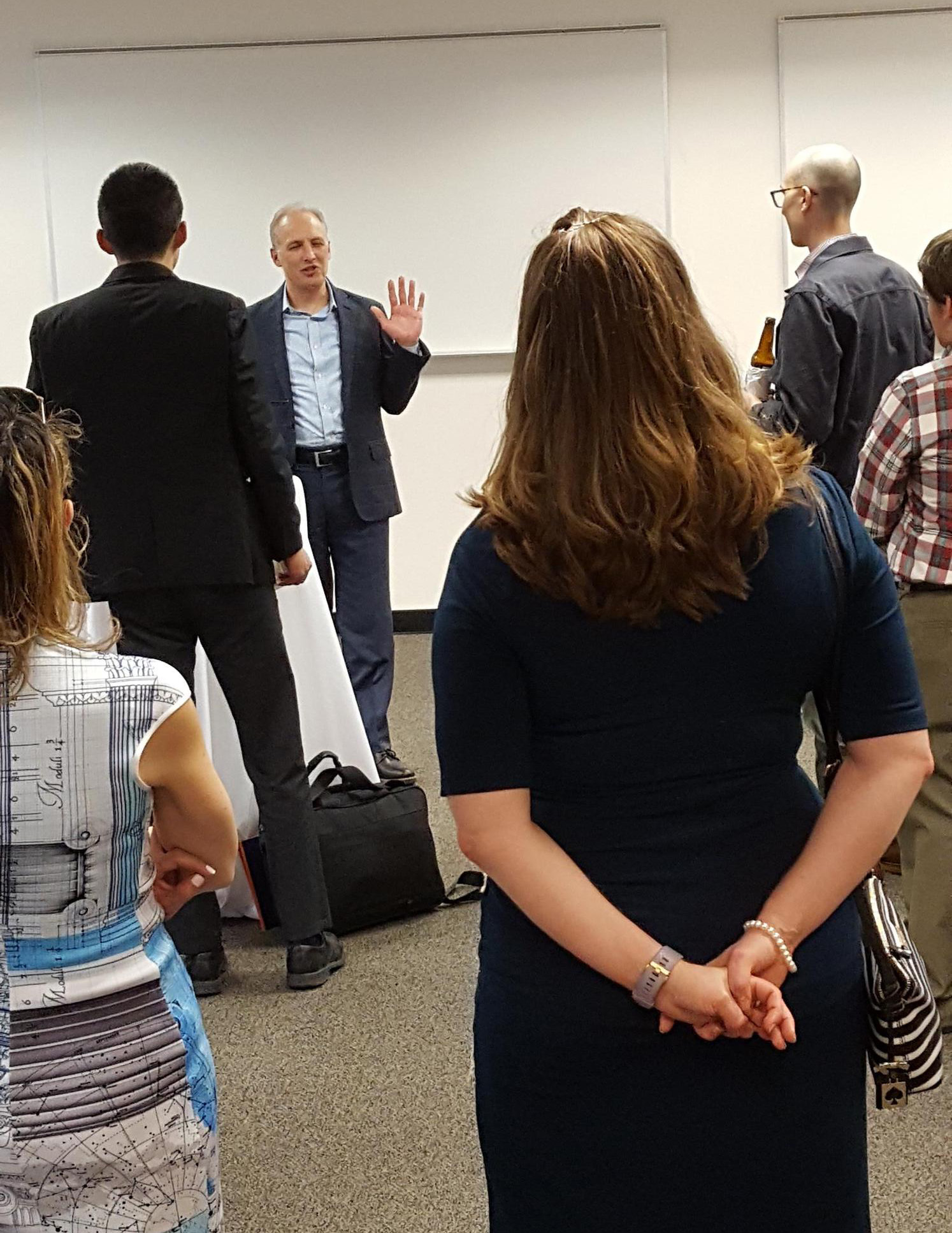 With the support of the Hewlett Foundation, the National Security Institute hosted Decompiling the Government: Getting Technologists and Policymakers to Speak the Same Language at the Antonin Scalia Law School in Arlington, Virginia.The “Decompiling the Government” event series begins to bring together technologists and leading policymakers, lawyers, and journalists to bridge the gap between technical and non-technical cyber professionals.
With the support of the Hewlett Foundation, the National Security Institute hosted Decompiling the Government: Getting Technologists and Policymakers to Speak the Same Language at the Antonin Scalia Law School in Arlington, Virginia.The “Decompiling the Government” event series begins to bring together technologists and leading policymakers, lawyers, and journalists to bridge the gap between technical and non-technical cyber professionals.
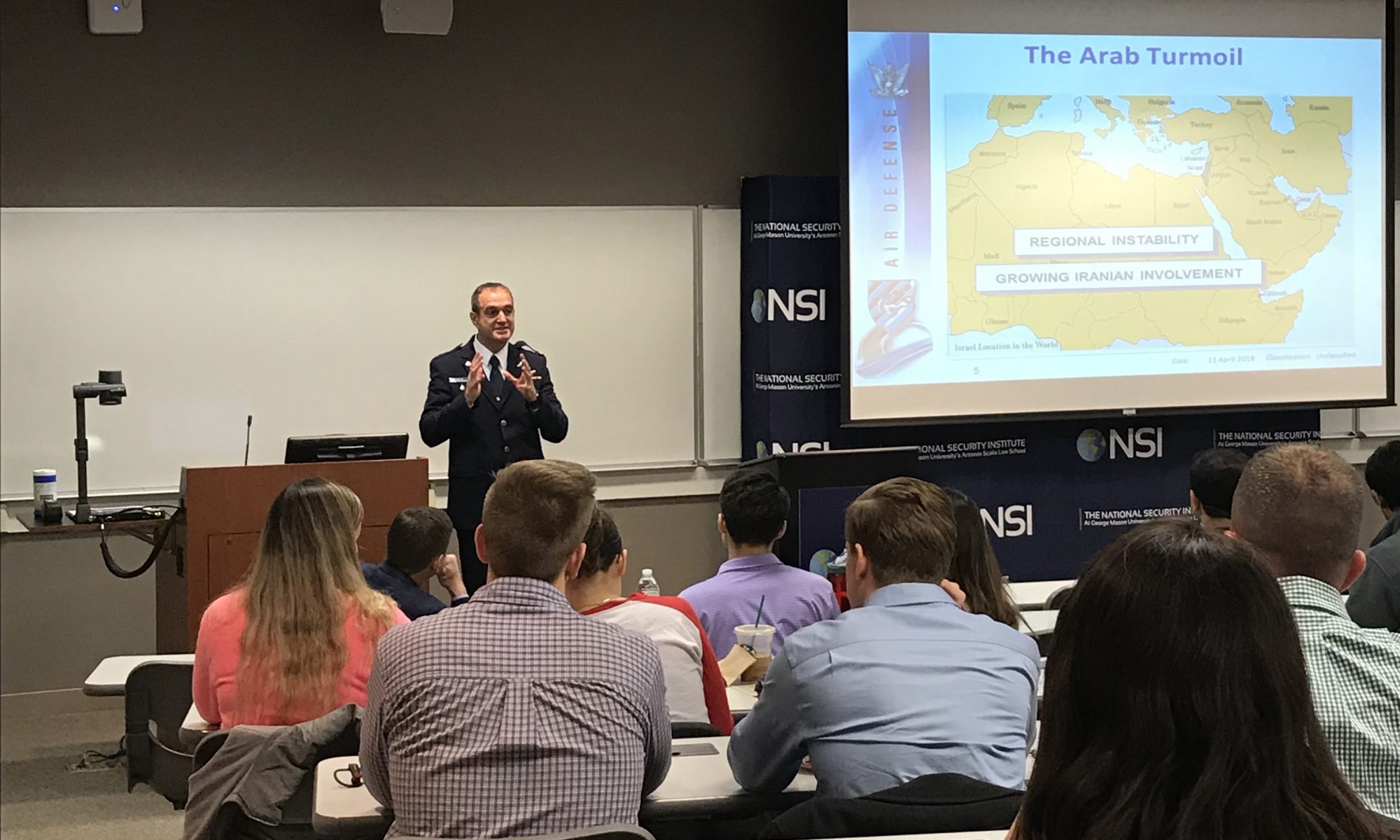
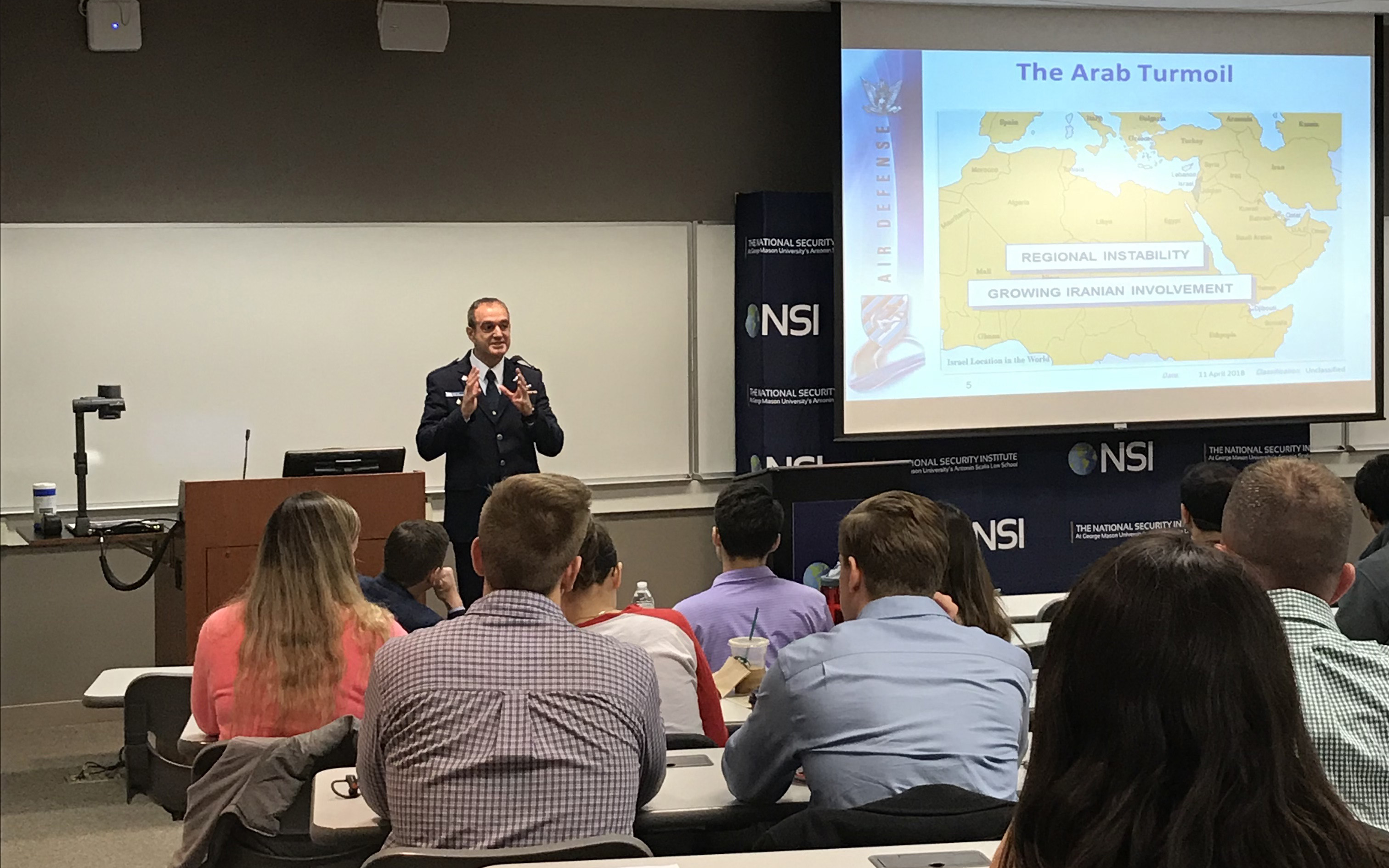
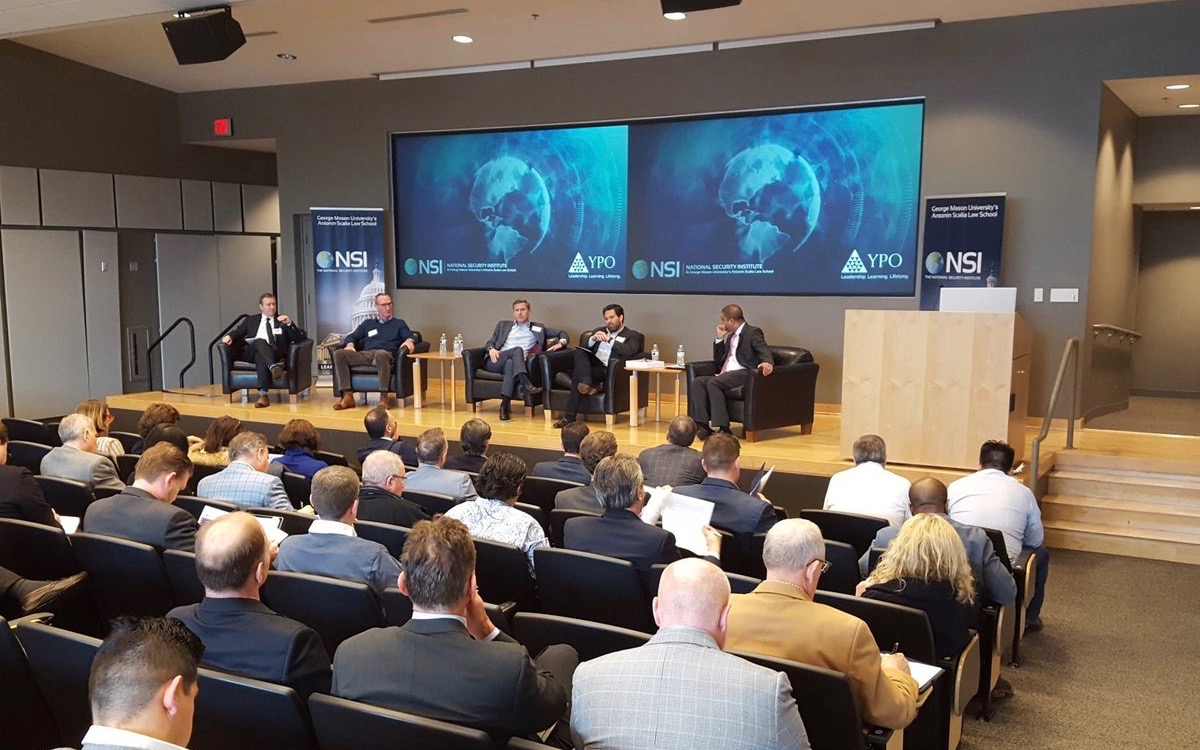
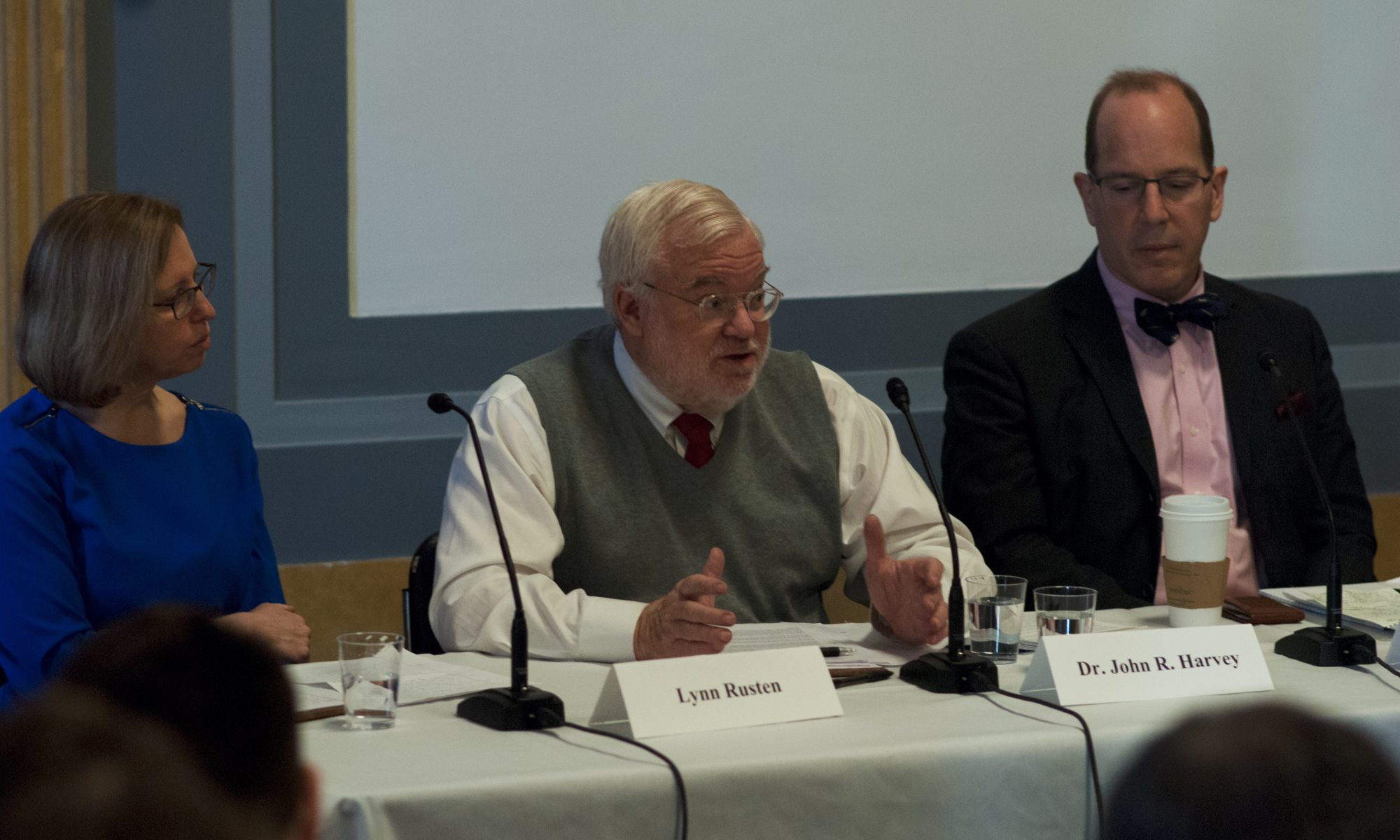
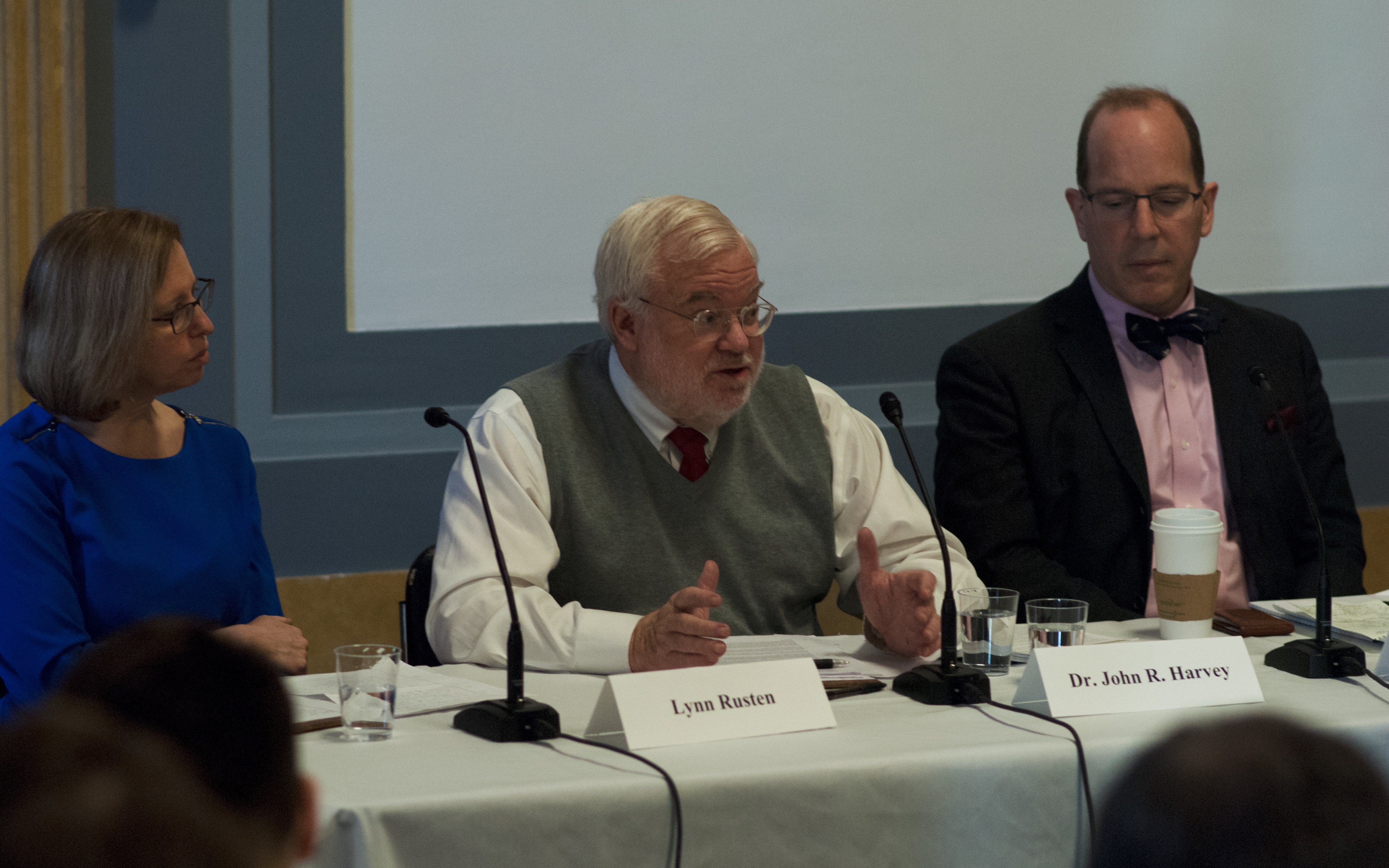
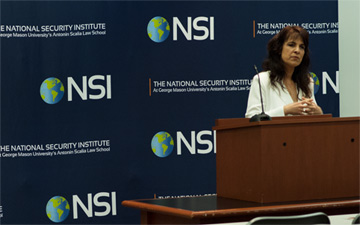
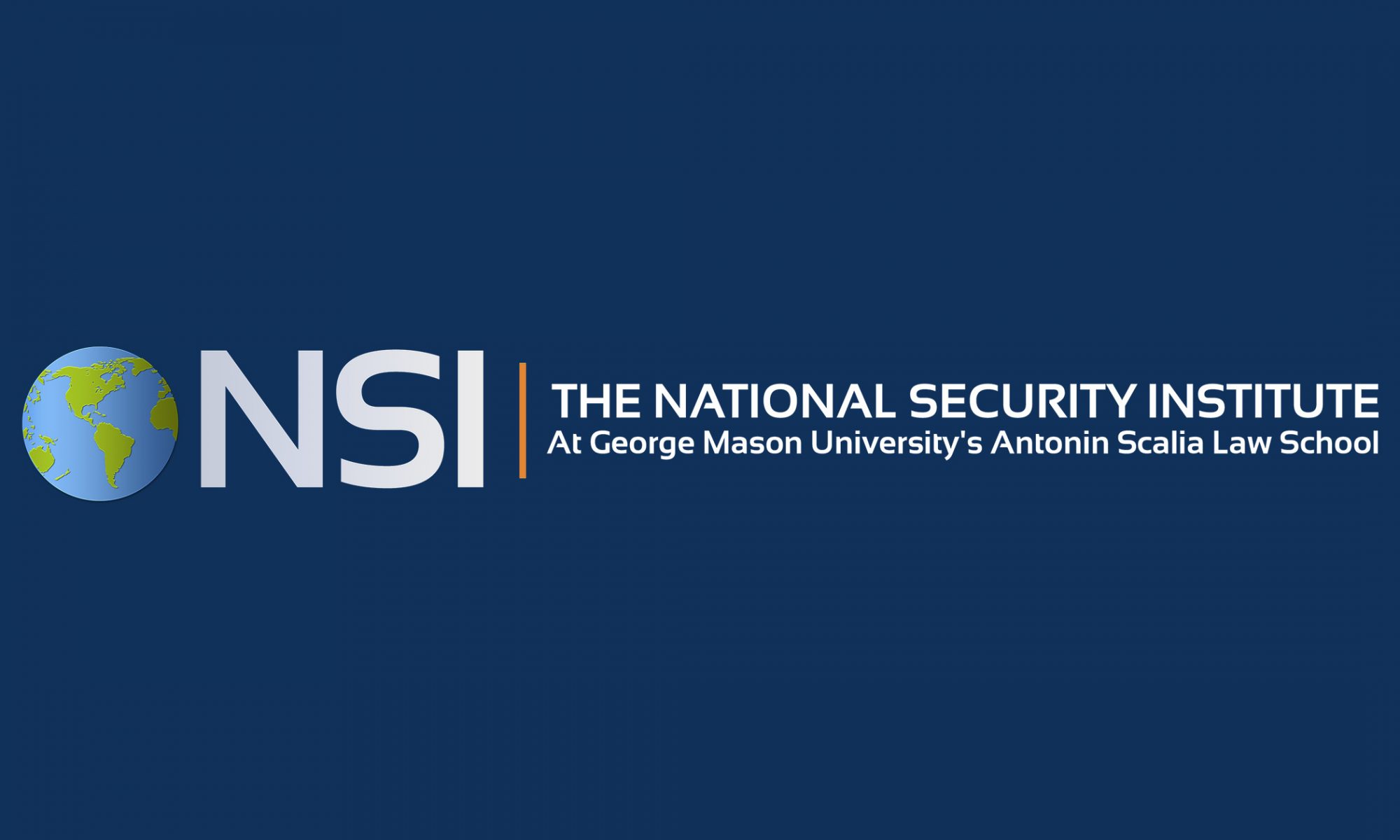
 March 1, 2018
March 1, 2018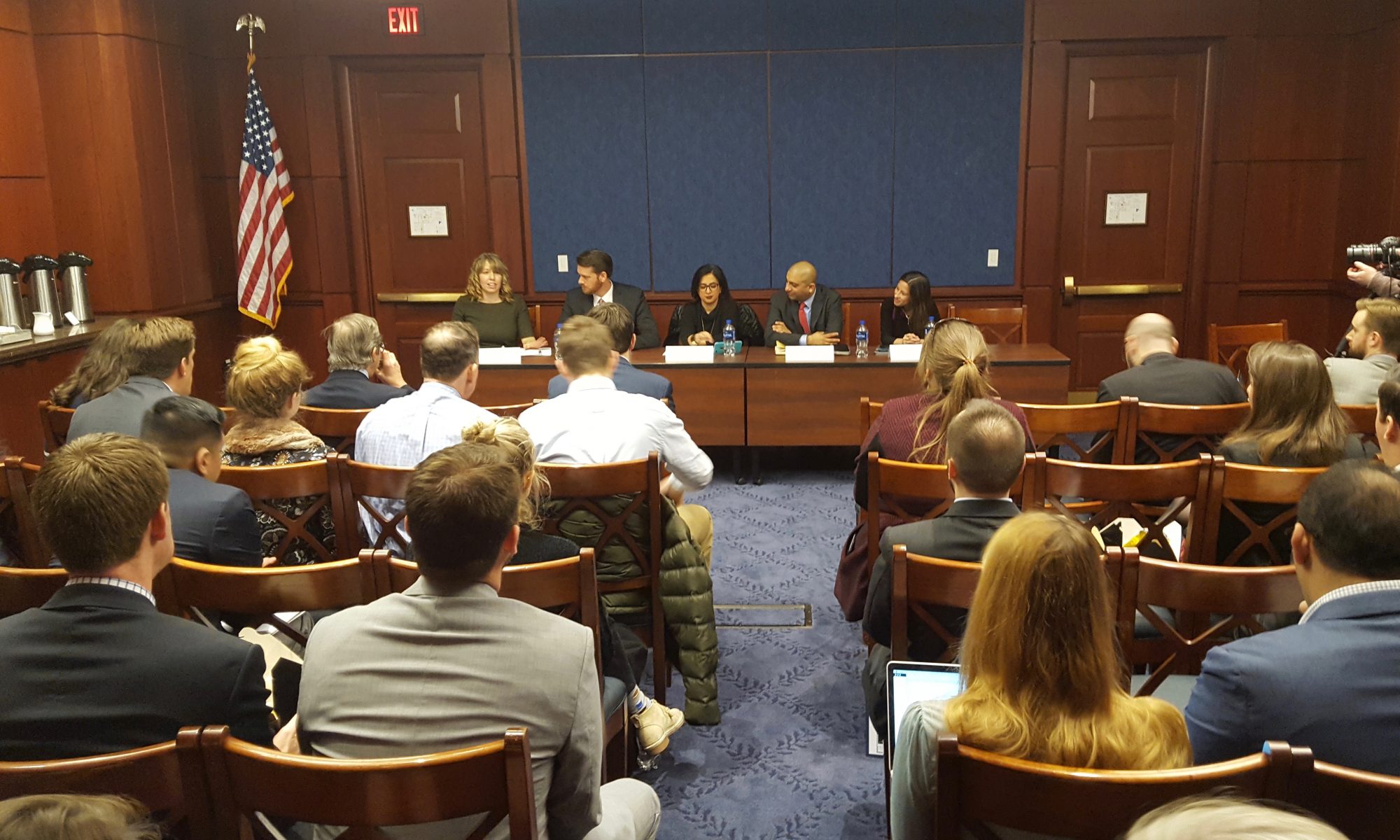

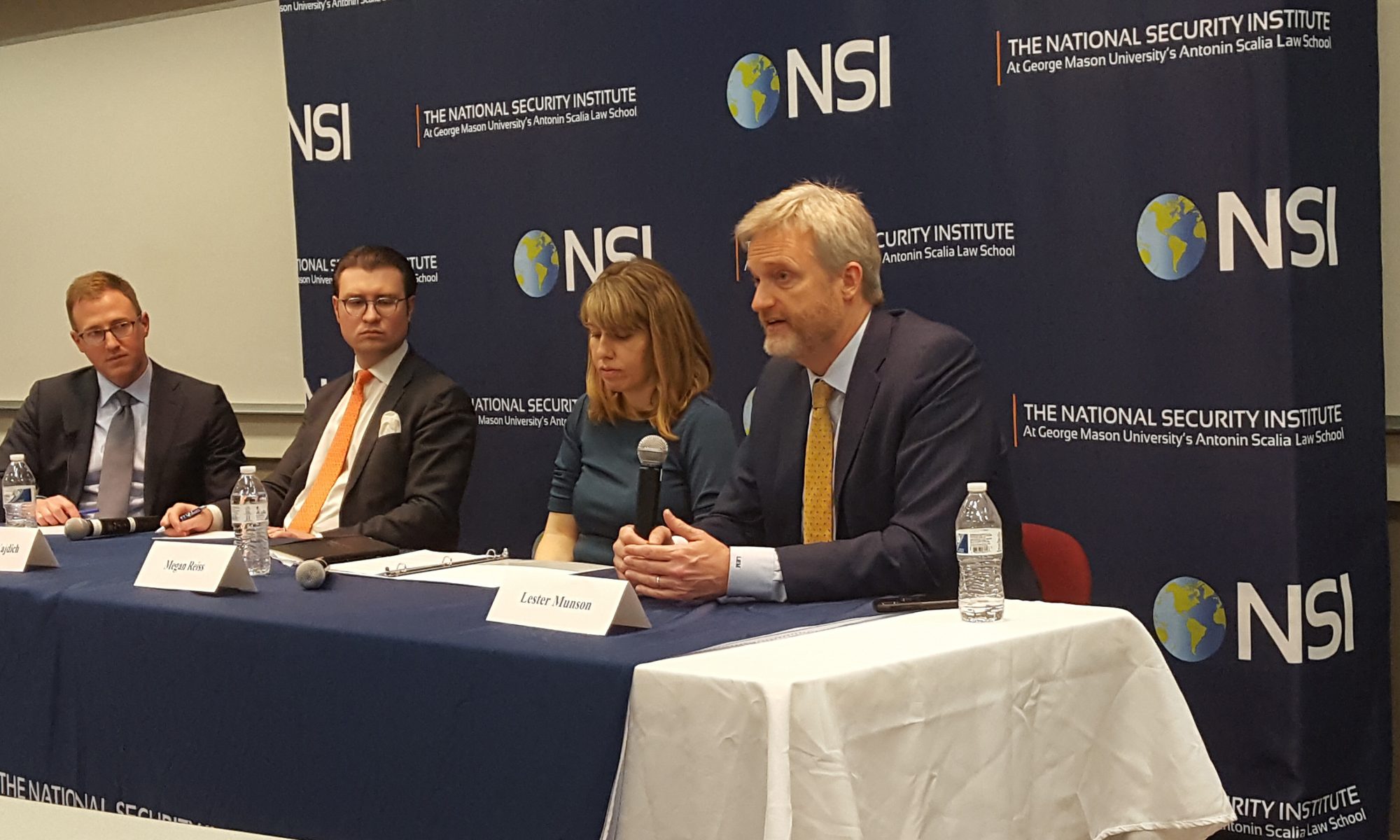
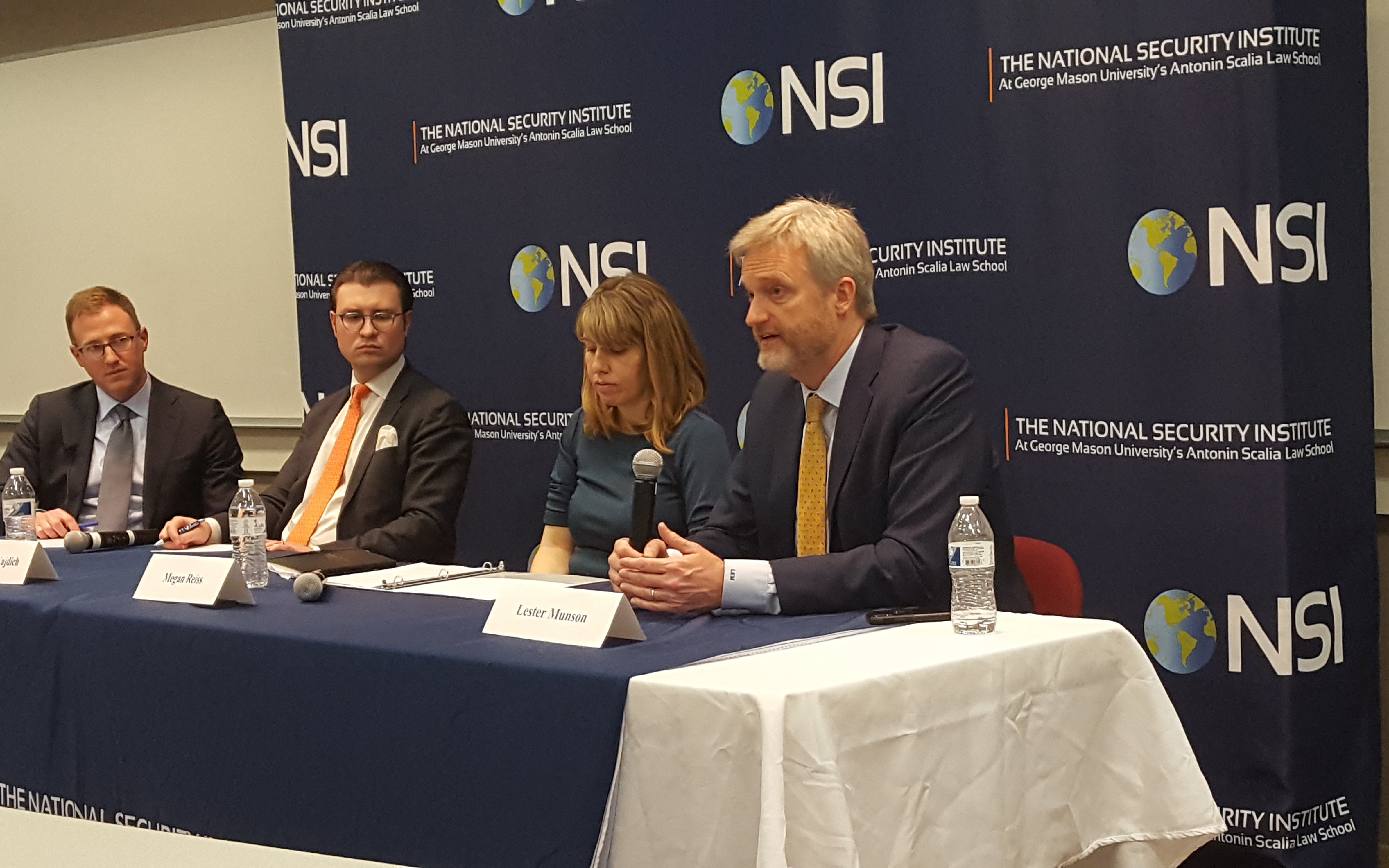




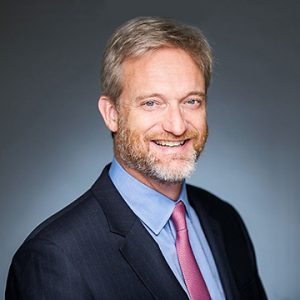


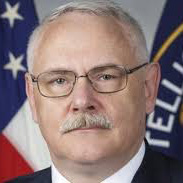
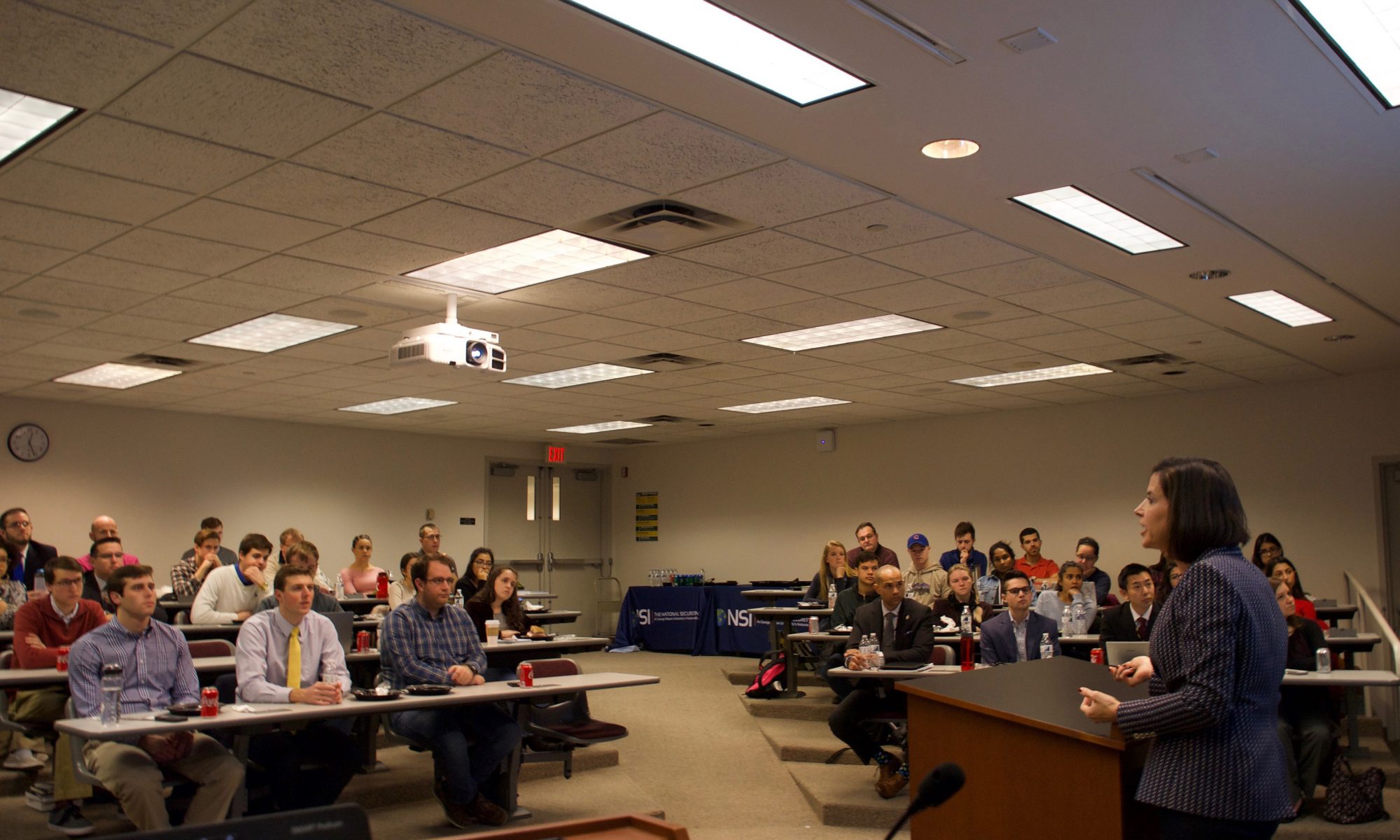
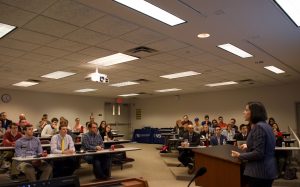
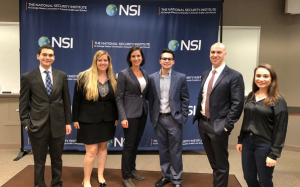
 Dmitri Alperovitch
Dmitri Alperovitch Megan Brown
Megan Brown Jason C. Chipman
Jason C. Chipman Dr. Andrea Limbago
Dr. Andrea Limbago Megan Reiss
Megan Reiss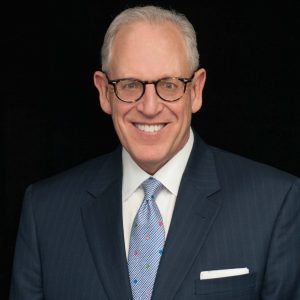 Bryan Smith
Bryan Smith